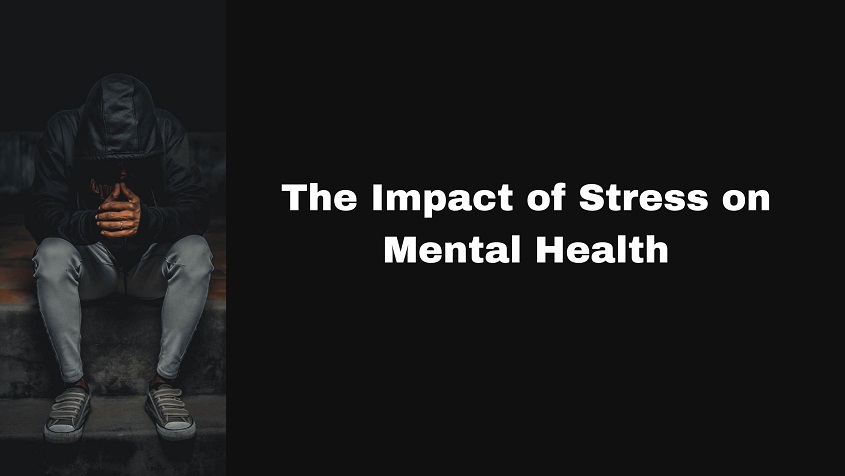The Impact of Stress on Mental Health
Stress is a natural response to life’s challenges and demands, but it can significantly affect mental health when it becomes chronic and overwhelming.
In today’s fast-paced world, where pressures from various sources are ever-present, understanding the impact of stress on mental well-being is crucial.
This stress-based article delves into the intricate relationship between stress and mental health, shedding light on the potential consequences and offering insights into effective coping strategies.
The Stress-Mental Health Connection
Stress triggers physiological responses, releasing hormones such as cortisol and adrenaline that prepare the body for the “fight or flight” response. While this response is essential in emergencies, persistent activation due to chronic stress can adversely affect mental health.
Anxiety Disorders: Prolonged stress can contribute to the development of anxiety disorders. Panic Disorder (PD), Generalized Anxiety Disorder (GAD), and social Anxiety Disorder (SAD) are conditions where excessive worry and fear become debilitating, interfering with daily life.
Depression: The link between chronic stress & depression is well-established. Stress can disrupt the balance of the neurotransmitters in the brain, affecting mood regulation. Over time, this can lead to major depressive disorder, characterized by persistent sadness and hopelessness.
Post-Traumatic Stress Disorder (PTSD): Traumatic experiences can lead to PTSD, characterized by flashbacks, nightmares, and intense emotional distress. Stressful events trigger this disorder, and without proper coping mechanisms, it can severely impact mental health.
Cognitive Impairment: Chronic stress has been shown to impair cognitive function. Memory, attention, and decision-making can suffer due to the continuous release of stress hormones. This cognitive fog can contribute to further stress and frustration.
Substance Abuse: Individuals under chronic stress might use alcohol or drugs to cope. Unfortunately, these substances can exacerbate mental health issues and lead to addiction, creating a dangerous cycle.
Coping Strategies for Stress Management
Mindfulness and Meditation: Practicing mindfulness & meditation can help redirect focus from stressors to the present moment. These techniques promote relaxation, reduce anxiety, and improve emotional regulation.
Regular Exercise: Physical activity releases endorphins, the body’s natural stress-relievers. Regular exercise can reduce stress, boost mood, and enhance overall mental well-being.
Healthy Lifestyle: A balanced diet, sufficient sleep, and avoiding excessive caffeine and alcohol are vital for stress management. Proper nutrition and rest provide the body and mind with the necessary resources to cope effectively.
Social Support: Connecting with friends, family, or support groups can alleviate isolation and provide emotional relief. Sharing concerns and seeking advice from loved ones can foster a sense of belonging.
Professional Help: If stress severely impacts your mental health, seeking help from a mental health professional is crucial. Therapists can provide tools and techniques to manage stress, address underlying issues, and promote recovery.
Time Management: Learning effective time-management skills can help prevent stress from becoming overwhelming. Prioritizing tasks, setting realistic goals & creating a structured schedule can reduce the feeling of constantly rushing.
Conclusion
Understanding the impact of stress on mental health is essential for fostering a society that prioritizes well-being. Chronic stress can contribute to various mental health disorders, but proactive measures can be taken to manage its effects. By adopting healthy coping strategies, seeking professional help, and nurturing a supportive social network, individuals can better navigate life’s challenges while safeguarding their mental health. Remember, acknowledging and addressing stress is a sign of strength, and it is never too late to take steps toward improved mental well-being.

